And you? When will you begin that long journey into yourself?
Rumi
Two years ago, I accidentally began to practice mindfulness.
On hearing the plan that I needed six rounds of chemotherapy, I thought that it would be a great time to start all those things that I had been planning to do before my cancer diagnosis: yoga, eating healthily, thinking positively, blah, blah, blah. With hindsight, I see that me being business as usual, was actually my way of dealing with it all. I was pretending it wasn’t happening.
And then, life intervened, as the first round of chemotherapy nearly killed me. The chemo was the correct dose for my size, but my body which had been in fight or flight mode for years, held onto the chemo longer than was good for me. After a week in hospital, I came home thankfully alive but so weak, I couldn’t do anything.
I tried again to carry on as before but after a while I gave up and began living completely in the present moment. I listened to my body and accepted whatever came my way. I lay in bed a lot with a little fridge besides me so when I needed a drink I didn’t have to walk anywhere because I couldn’t spare the energy. And when I had energy, I had to spend it wisely. Life most days was a choice between having a shower, or dropping my kids off at playgroup. I couldn’t do both. I took my life moment by moment.
Dr Jon Kabat-Zinn, Professor of Medicine and Mindfulness, and author of Coming to our senses defines mindfulness as paying attention to being in the present moment, non-judgmentally, and with an open heart.
Chemotherapy taught me this. For the first time ever in my life, I accepted my body as it was, which at that time was bald, battle-scarred and amazing. I stopped forcing it to exercise. The chemo had severely damaged the nerves in my veins so stretching hurt my limbs. And when it came to food, I gave my body the hangover food it wanted: fried egg sandwiches and chocolate cake, instead of forcing it to eat healthy cancer-fighting food. And then I stopped worrying about not eating cancer-fighting food, as that was too stressful. And then I stopped fighting life and thinking that I should or shouldn’t do something. I started to be.
And this listening to my body, came as a bit of a relief to my mind too. For like my body, it used to hang onto to thoughts that really weren’t good for me. I would dwell on things people said, or did, or didn’t do, for far too long. I made myself ill worrying about other peoples’ opinions of me.
And when I got overtired and my mind went to the dark side and frightened me with thoughts like: What if you don’t get better? What if this is it? I was so glad to get back to the present moment and a judgement free way of living, that I became surer that being in the present moment was the only way to live. The alternative was to think positively, which was equally stressful, because each time I didn’t, I worried I might affect my chances of getting well and die of negativity, another exhausting thought.
And I realised that all my life, my mind had been so full of pointless chatter. A thought I later saw echoed by Eckart Tolle in his book The Power of Now. To counter our pointless thoughts, Tolle, recommends that we watch our thoughts as a separate thing, and with experience, we come to know that we are not our thoughts, we are the essence of what is between our thoughts.
Throughout my treatment, I looked so well, that often people would ask me to do things. One day a mum in our local playgroup asked me to take on a volunteering role. I said that I was recovering from cancer and didn’t feel that I could do it. She said: Oh! that is what they all say… someone has to do it.
That was really, the first time that I saw that mindfulness was bigger than me. Normally I would have gotten upset with this person and her meanness. Instead, I was able to observe her anger and frustration and I began to view her differently. I felt compassion for her situation. In her mind, she was stuck with a volunteering job she hadn’t ever wanted and couldn’t palm off on me. This moment wasn’t about me at all. She wasn’t bothered about me, otherwise she might have chosen her words more carefully. Why would I waste energy getting upset about what she said? She didn’t care! Why should I?
Kabat-Zinn says that wisdom and compassion are practices which you need to cultivate it and which are capable of healing unthinkable wounds, which I know now is true.
It is business as usual nowadays: I do yoga, I eat healthy, I’ve lost weight, and sometimes I even think positive thoughts, blah, blah, blah. Mainly though, I try to approach each moment mindfully, because I know that when I do, it is possible to see the good that is in everything and everyone, and that healing may only be a moment away.

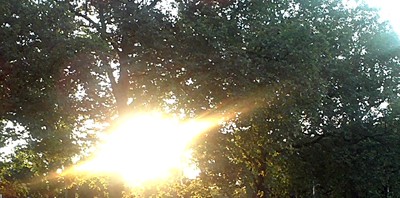
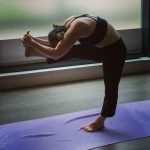
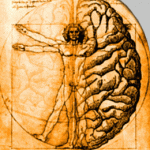
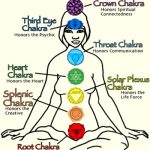
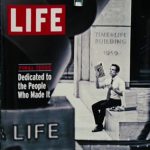
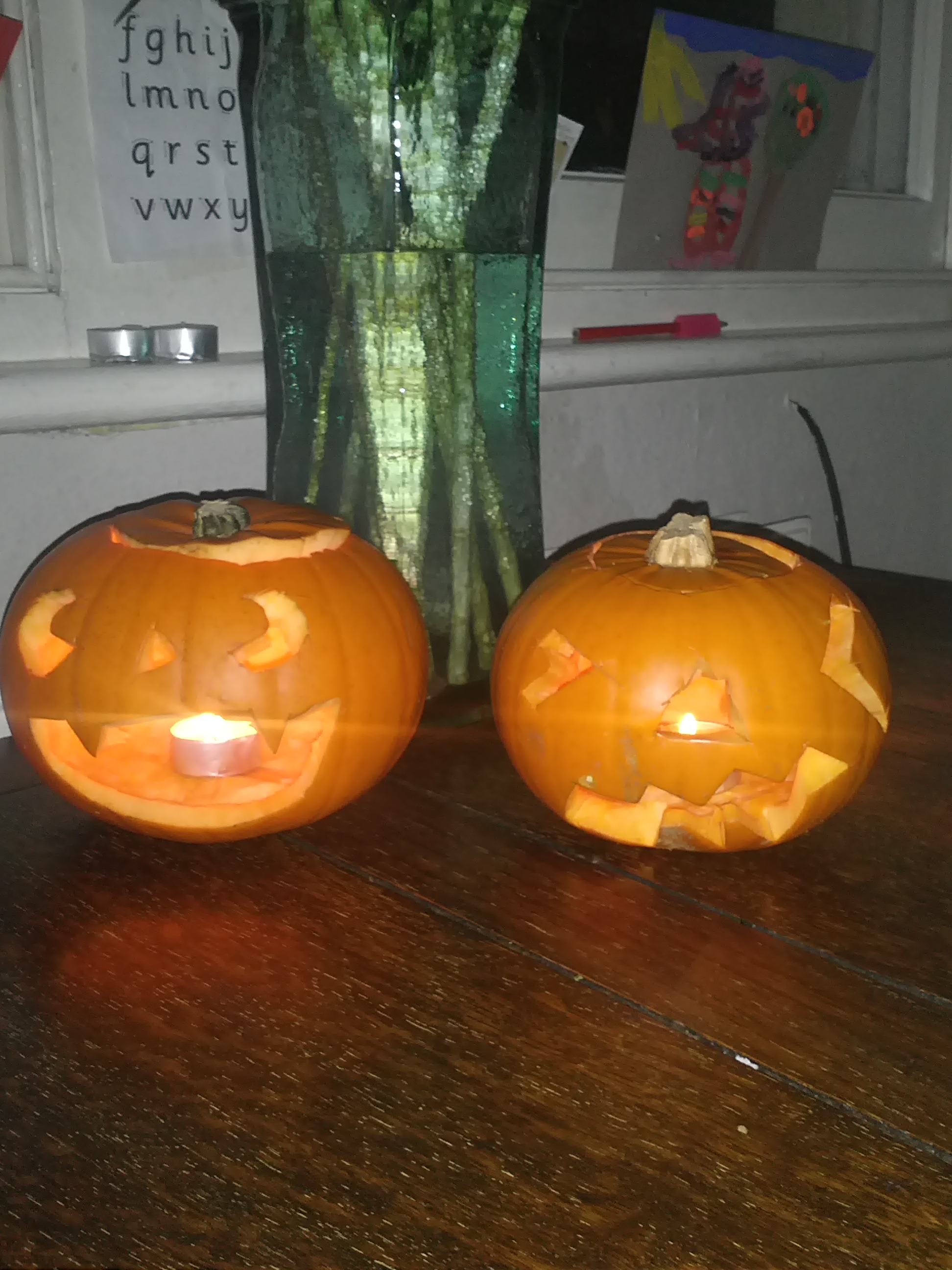
Like the theory but can be difficult to handle ones emotions and not dwell even though you know it’s not healthy.
Apparently, the best time to learn is when you are feeling pretty stable so that when difficult times come it is easier to remain on an even keel. Some schools teach mindfulness now which is such an interesting idea.